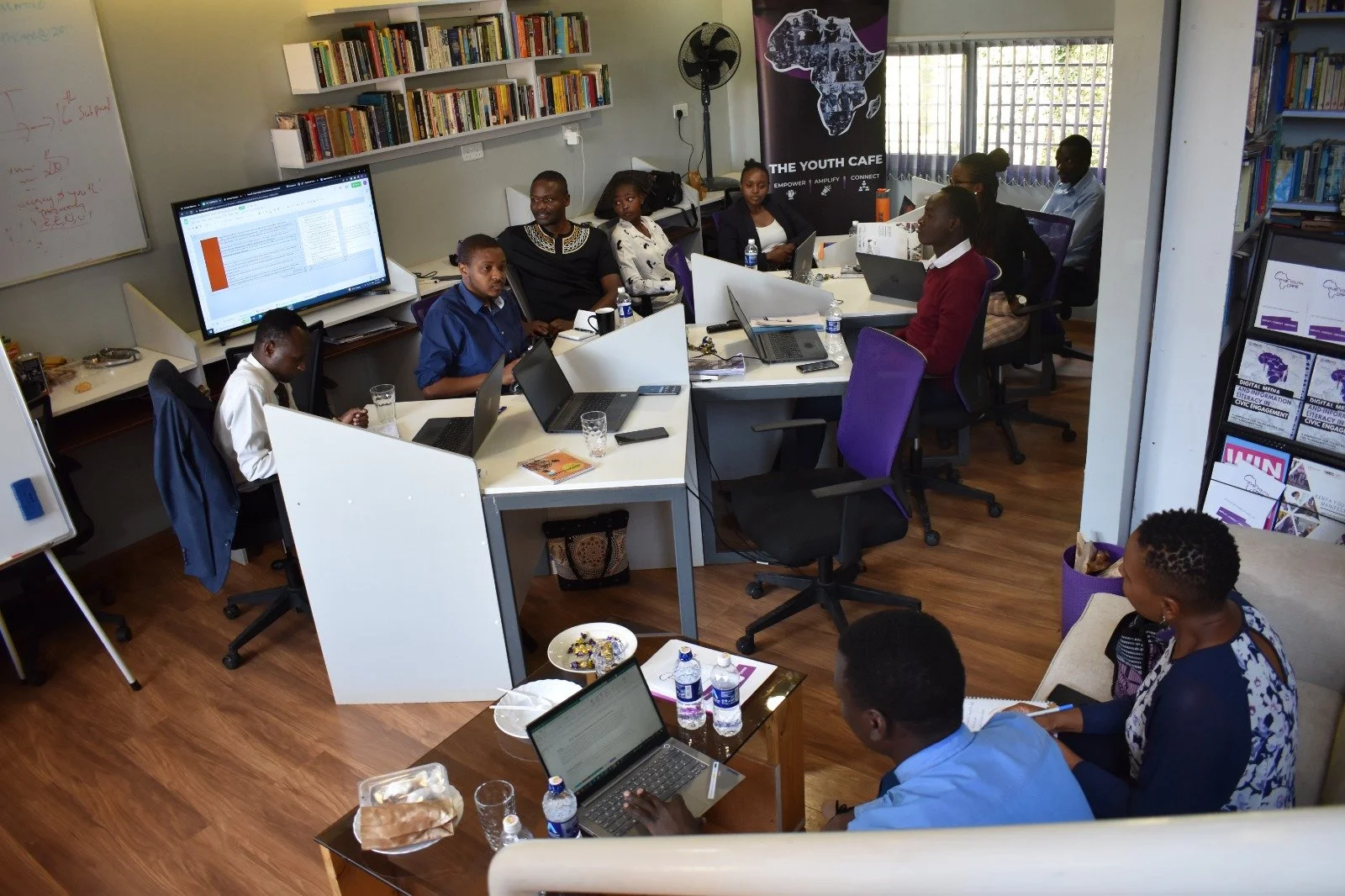As the world prepares for FfD4 in 2025, it is imperative that the global community come together to formulate a unified and stronger vision for mobilizing the adequate financial resources needed to achieve the UN Sustainable Development Goals as well as support the achievement of the African Union Agenda 2063. Building on the foundations of the 2015 Addis Ababa Action Agenda, which established a comprehensive framework for financing sustainable development, the FfD 4 outcome document should recognize the unique and complex challenges faced by African countries and call for enhanced international support to address issues such as domestic resource mobilization, external debt challenges, and cost effective access to international financial markets in order to promote inclusive growth and sustainable development in Africa.
Sustainable Development Goals Village, State Of SDG Implementation | Peoples Dialogue Festival 2024
The SDG Village served as a focal point for high-level discussions on sustainable development, addressing a wide array of topics critical to attaining the SDGs. These included collaborative democracy for sustainable development, county engagements on SDGs, financing strategies with a gender perspective, and the nexus between human rights and SDG realisation. Additionally, the role of various stakeholders, such as parliamentarians, innovation startups, and media, in combating climate change and supporting climate innovation was explored. Discussions also revolved around accelerating gender equality and women’s economic empowerment, assessing progress on specific SDGs, and identifying policy and legal barriers to their achievement. Political parties’ involvement in localising SDGs was another significant area of focus.
Youth 2030 | Working With And For Young People
Young people constitute a tremendous and essential asset worth investing in, opening the door to an unparalleled multiplier effect. At the same time, young people are also facing incredible challenges and even life-threatening risks, disproportionately carried by girls and young women in many parts of the world.
Implications Of The African Continental Free Trade Area For Trade And Biodiversity/Policy And Regulatory Recommendation
The study titled “Implications Of The African Continental Free Trade Area For Trade And Biodiversity investigates” the nexus between trade in biodiversity, specifically on the legal and sustainable trade of biodiversity-based goods and services (including BioTrade), and the existing commitments under the framework of the African Continental Free Trade Area (AfCFTA).
Kenya & Indonesia Virtual Trans-Cultural Workshop.
In regards to this, The Youth Cafe, in partnership with the Indonesia Youth Foundation, held a 3-day Kenya & Indonesia virtual Trans-cultural workshop; “Buddies Without Borders: Amplifying Cultures & Promoting Diversity,” objectified to Promote cultures and heritages of Indonesia and Kenya, Build mutual understanding and tolerance between Indonesian and Kenyan youths, Bridge overseas friendship and networking, Explore new cultural facets from the two countries (such as language, food, traditions, art, and fashion) and deepen the intercultural connection as well as Flourish diversity cross-cultural skills in a globalized world.
The Huduma Bill 2021 Was In Parliament For Its 2nd Reading.
The Huduma Bill 2021 was in Parliament for its 2nd reading. The Huduma Bill proposed the largest set of changes to the legal framework governing Kenya’s identification system since before independence. If enacted, the Huduma Bill would become the single law anchoring birth and death registration, issuing identity cards, issuing passports, and governance of the National Integrated Identity Management System (NIIMS). The draft legislation, system design, and all other decision points around the National Integrated Identity Management System (NIIMS) must be considered very carefully, comprehensively, and transparently.
The Okoa Uchumi Campaign Citizen's Manifesto For Elections 2022 | Public Debt Accountability For Economic Justice.
The Okoa Uchumi Campaign is a civil society initiative committed to the goal of accountability in Kenya's public debt management. The dire state informs the campaign of debt management, which has been marred by opacity in decision making, mismanagement of debt expenditures, and flagrant violations of public finance requirements, which have contributed to the present economic crisis and a debt trap. The campaign is grounded in our constitutional responsibility to respect, uphold and defend the Constitution of Kenya.
The Youth Café Receives The WIN WIN Gothenburg Sustainability Youth Award 2021.
The WIN WIN Gothenburg Sustainability Award is a non-profit organization financed by the City of Gothenburg, Region Västra Götaland and several member organizations and companies. It is the world’s largest sustainability award that aims to recognize and support outstanding contributions from around the world. The goal of the award is to stimulate creativity and achieve lasting synergies as it strives to strike the right balance between ecological, environmental, and social needs. The prize has been presented in Gothenburg since 2000. The WIN WIN Youth Award is an international award that aims to empower and reward young people who play an active role in the creation of a more sustainable future.
The Youth Cafés 2021 Annual Impact Report.
The Youth Café is proud to share the eighth Impact Report produced based on the Social Return on Investment methodology. The average Social Return on Investment ratio for The Youth Café is 1:12, meaning that an investment of $1 delivers $12 value in terms of positive social impact. The present report outlines the main activities and projects carried out by The Youth Café from January to December 2021.
Administration Costs Research Project | Breaking The Starvation Cycle.
The overhead myth that suggests that low overheads in nonprofits are a sign of efficiency has led to many donors underfunding the associated administration costs of their project grants and driven a vicious 'starvation cycle.' Through the Administration Costs Research Project, evidence gathered reveals how international donor funding covers the real administration costs of national NGOs. The Funders for Real Cost, Real Change (FRC), a collaborative of private foundations, commissioned this research and sought recommendations on how funders could provide adequate cost coverage and strengthen their grantees' financial health and resilience.











